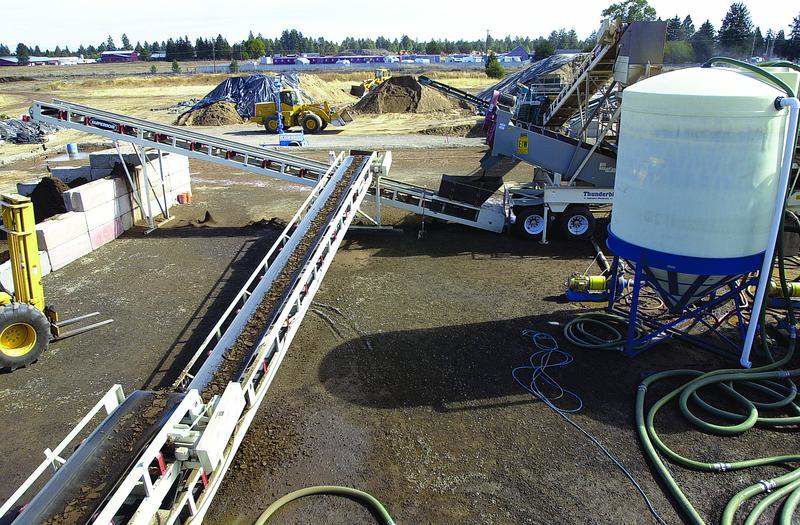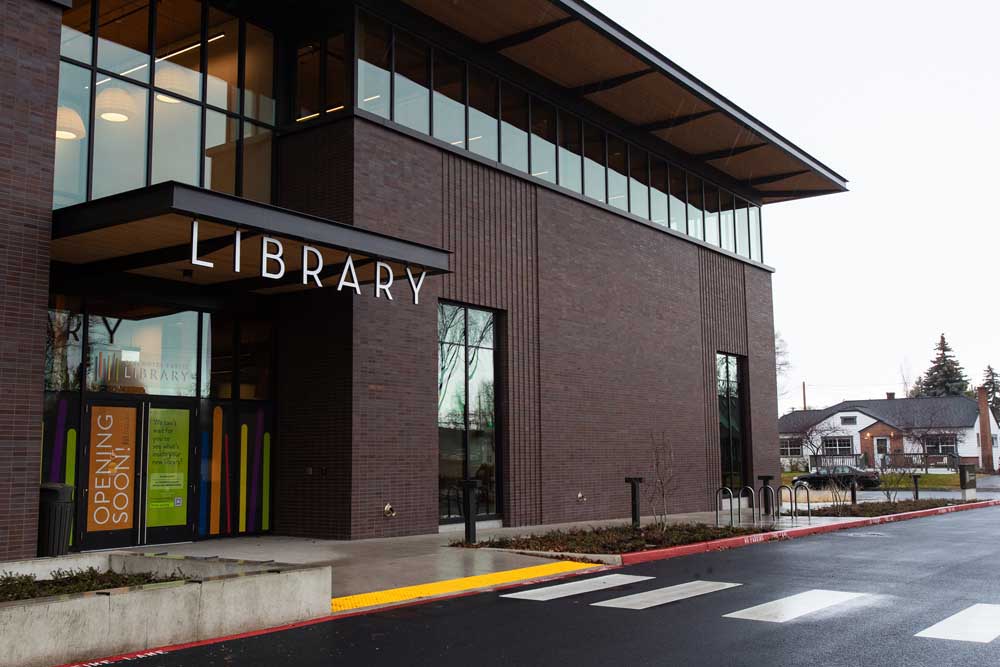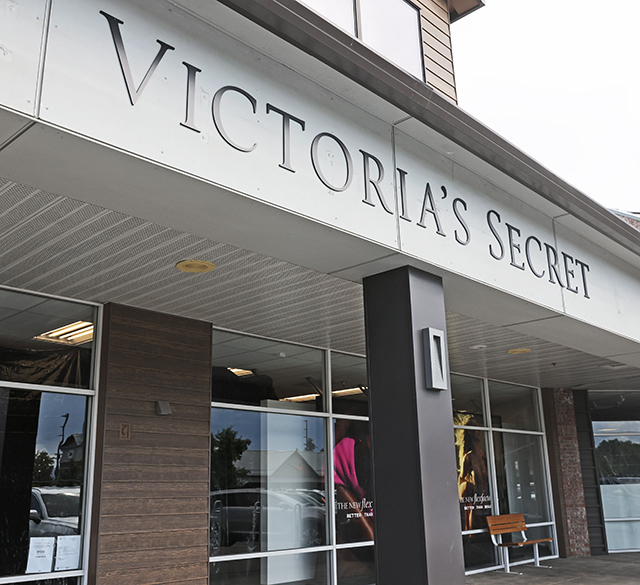Developer cleans up former Bend Trap Club
Published 5:00 am Saturday, October 7, 2006

- Cleanup is under way at the former site of the Bend Trap Club near Brosterhous Road in southeast Bend. Lead shot and other waste left by skeet shooting must be removed before homes can be constructed.
While shotgun blasts no longer echo through the neighborhood, scattered lead shot and fragments of clay pigeons still mark the former skeet shooting range off Brosterhous Road in south Bend.
Bend-based developer Abito, which plans to build nearly 200 homes on the 40-acre former site of the Bend Trap Club, recently began cleaning up the waste. Lead and other contaminants must be reduced to levels considered safe under federal standards before any homes can be constructed.
Trending
Removing all the lead will take six to eight weeks, according to Abito Project Manager Charles Bauman.
The trap club sold the site roughly three years ago and is relocating to a range under construction near Prineville. The new range is tentatively scheduled to be open by spring.
The first homes in Abito’s Basic Village subdivision are expected to be complete by 2007. The subdivision will also include a 2.4-acre neighborhood park, which Abito is developing in partnership with the Bend Metro Park and Recreation District.
”We’re reclaiming a piece of property from an environmentally damaging practice,” Bauman said.
The Oregon Department of Environmental Quality identified lead shot and a compound called polynuclear aromatic hydrocarbon, from clay pigeons, as the primary contaminants at the Bend site.
The property has been used as a shooting range since 1932, according to the DEQ. The trap club hired a company to sweep the range for lead pellets roughly every four years, turning up 80 to 90 tons of shot each time, The Bulletin previously reported.
Trending
Bauman said crews for Abito are using a technique known as ”soil washing” to remove lead shot. Workers are essentially sifting the pellets out, using high-pressure water to send soil through a number of screens that catch the shot.
He said the process has several benefits.
Soil washing doesn’t produce dust, Bauman said, unlike excavation and disposal of the earth or a separation method using high-pressure air.
”It is very safe to the public. It’s safe to our operators, it’s safe to us, it’s safe to everybody,” Bauman said.
Furthermore, soil washing allows the cleaned soil to be reused for landscaping and the lead shot to be recycled, keeping waste from going to a landfill.
”It furthers our goal to design a very environmentally friendly subdivision,” Bauman said.
He said homes in the planned subdivision have been designed to be energy efficient, using passive solar heating, and that the neighborhood will have bioswales for drainage. Bioswales are landscaped depressions that collect and filter runoff.
Removing all the lead from the site will take six to eight weeks, Bauman said.
Crews will then begin removing contaminants from clay pigeon fragments, which will involve some excavation and disposal of soil elsewhere, according to the state DEQ.
Bauman said the earlier use of the land as a shooting range has meant making the site suitable for homes has been a lengthy process.
”Abito hired an environmental consultant to study the problem and, within the guidelines of DEQ, propose a remedy that would (make the site) clean under (Environmental Protection Agency) standards,” he said.
The DEQ has been working with Abito to plan the cleanup since November, according to a news release from the department. The DEQ gave the final go-ahead for contaminant cleanup in early September.








